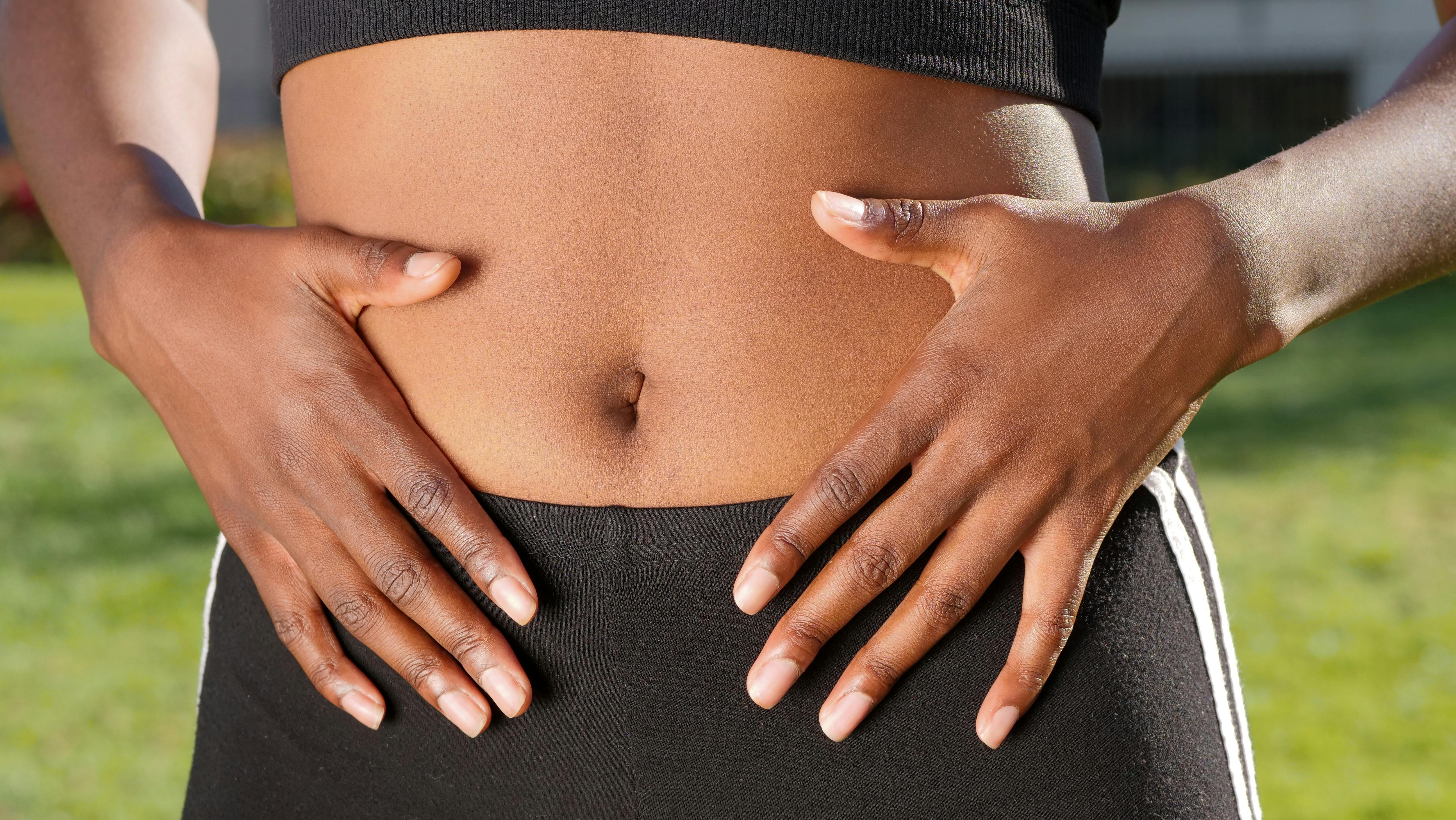Welcome to our comprehensive parent’s guide on managing colic in newborns and babies. If you’re a parent with a colicky baby, know that you’re not alone. In this article, we’ll explore what colic is, its symptoms, potential causes, and—most importantly— advice and tips to soothe your little one.
From understanding the role of the gut microbiota to exploring the benefits of probiotics, we’ll equip you with the knowledge and tools to navigate this challenging phase of parenthood.
What is Colic? Crying and colic symptoms in babies
Baby colic is characterised by excessive crying in otherwise healthy babies, usually occurring in a baby’s first few months of life. Despite it being a common condition, it is nonetheless distressing and worrying for parents.
As many as 25% of infants are diagnosed with the condition, which is defined by long periods of crying and hard-to-soothe behaviour without any apparent cause.
Crying episodes typically last for three or more hours a day, three or more days a week, and persist for at least three weeks. It often occurs in the late afternoon or evening, causing distress and frustration for both the parents.
Symptoms usually peak when an infant is about six weeks old and decline significantly after three or four months.
What are the causes of colic?
The exact cause of colic remains unknown, but several contributing factors have been explored. Researchers have considered food hypersensitivity or allergy, gut immaturity, dysmotility, and even maternal-infant interaction as potential causes. Additionally, a growing body of evidence suggests that the gut microbiome plays a role in colic development.
Colic and the gut microbiota
Is your baby unsettled after feeding? A newborn who cries all the time? Studies have consistently shown that babies with colic have an altered gut microbiota. In fact, infant colic is one of the most thoroughly studied conditions in the field of paediatric microbiome research.
Low levels of Lactobacillus and Bifidobacterium and high levels of E. coli have been observed in colicky infants compared to non-colicky infants.
Such an imbalance of the microbiota could be a possible cause for abnormal gut motility and increased gas production, implicating dysbiosis as a key driver in infantile colic.
Numerous studies have also shown that colic may be alleviated or even prevented by supplementation with specific probiotics, primarily L. reuteri Protectis® (Limosilactobacillus reuteri DSM 17938).*
Probiotics for colicky babies: A promising solution
Science reveals that probiotics containing specific strains of beneficial bacteria can help regulate the gut microbiota and promote a healthier digestive environment.
Additionally, probiotics play an important role in supporting a healthy immune system. The introduction of beneficial bacteria into the baby's gut can help strengthen the immune system, potentially reducing the likelihood of infections or inflammation that could exacerbate colic symptoms.
A parent's guide to managing colic in newborns and babies
How do I know if my baby has colic?
Your baby may have colic if he or she is under five months of age and has frequent and prolonged periods of crying, fussing, or irritability without apparent cause. Furthermore, no amount of consoling from the caregiver seems to bring the baby relief.
When to see a doctor
Babies with colic are healthy and do not necessarily need to see a doctor. However, there are some conditions that appear similar to colic, including acid reflux or allergies to milk or other proteins.
Consult a healthcare professional if:
- Your child has a fever
- Your child is vomiting frequently
- Your child seems lethargic and does not want to eat
- Your child does not gain weight properly
- The problems continue past four months of age
- You feel you need support (a baby who cries excessively can be stressful)
Take care of your baby… and yourself
Caring for a colicky child can be upsetting and exhausting, especially for first-time parents, it can be good to remember that it will eventually resolve.
Parents dealing with colicky babies are more prone to anxiety and postnatal depression. Always seek advice from healthcare professionals and accept support from friends, family, and neighbours, when offered.
Ways to soothe colicky babies
While every baby is different, and what soothing techniques work for one may not work for another, below is a list of soothing strategies worth trying if your baby has colic:
- Cuddling, rocking, or gently bouncing your baby
- Massaging your baby’s belly in a gentle, clockwise motion to release gas
- Taking your baby out for a ride in a stroller or car
- Using a white noise machine
- If using formula, use an angled baby bottle to reduce air swallowing and gas
- Swaddling your baby in a blanket
- Giving your baby a warm bath
- If breastfeeding, removing dairy, soy and other allergens from your diet
- Try a clinically proven baby probiotic for colic relief
BioGaia Protectis Baby Drops: Leading the way
In 2004, BioGaia launched the world’s first probiotic drops for babies. Today, BioGaia Protectis Baby Drops are the most researched probiotic for infantile colic*.
BioGaia Protectis baby drops contain the patented lactic acid bacterium L. reuteri, which is clinically proven to reach the gut alive. BioGaia’s number one selling probiotic supplement for babies promotes the healthy function of the GI tract and helps restore the balance of a baby's digestive system.
Studies using BioGaia Protectis Baby Drops have shown reduced crying and fussing in colicky babies and improved well-being for both mother and baby.
Remember to consult with a healthcare professional if you suspect your baby has colic. Understanding the potential causes and exploring probiotic solutions can make a significant difference in managing this challenging condition.
*According to the number of publications at https://pubmed.ncbi.nlm.nih.gov/ (July 2021)




